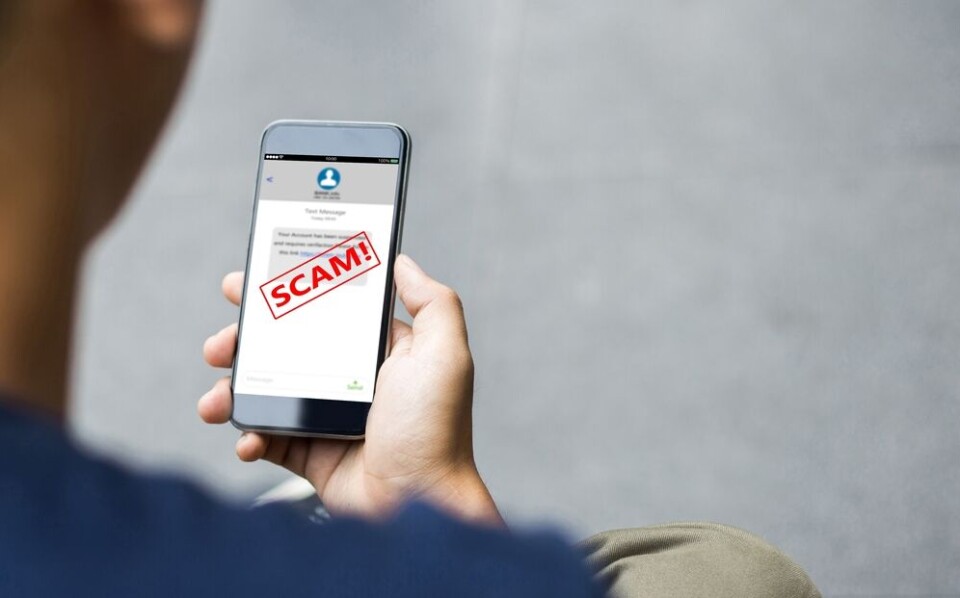-
Foreigners in France 'should be given local votes back'
Political right mobilised to try to halt debate on law extending rights
-
Is it time to stop changing the clocks in Europe?
Campaigners say it would help improve health and also reduce traffic accidents
-
Gisèle Pelicot memoir hits sales top spot in France
The book, which has been translated into 22 languages, left Queen Camilla ‘speechless’
Watch out for this scam parcel text in run up to Christmas in France
Gendarmerie are warning people to stay alert to this common Chronopost scam

People in France are warned to be alert to an SMS parcel sending scam in the busy run up to Christmas.
The gendarmerie in Charente-Maritime warned of the scam, which is typically started by text (SMS).
People receive a message saying that their parcel has encountered an ‘arrival’ problem. The message then includes a link to a website designed to look like the parcel sending service Chronopost.
Toi qui envoies des SMS frauduleux en te faisant passer pour Chronopost.
Sache que tu n'arnaqueras plus personne grâce aux conseils du major
1️⃣Jamais sur le lien tu ne cliqueras
2️⃣Au 33700 tu signaleras
3️⃣Le SMS tu supprimeras
PS : les vrais SMS Chronopost proviennent du 38 004 pic.twitter.com/40gO4TR0M4— Gendarmerie de la Charente-Maritime (@Gendarmerie_017) December 20, 2023
The link asks you to ‘update’ your delivery. But instead, this is a ruse to steal your personal data and financial details by asking you to pay for a ‘delivery fee’ or similar.
Some messages even lure you into a false sense of security by declining to ask for financial details upfront, but instead ask you to simply ‘update your details’ to avoid problems happening in future.
But in reality, there is no problem nor any fee to pay.
If you do have a genuine customs fee to pay, you will likely be contacted separately via letter, not via an SMS of this type.
How can I tell if an SMS is a scam?
There are some signs that the SMSs are not genuine.
A major clue is that the website link does not usually look like the correct Chronopost URL (which is simply ‘chronopost.fr’). Instead, it might look like ‘helper-chronopost.com’ or ‘suivichronopost-service.info’ or some other variation with ‘chronopost’ included, but a ‘.com’, ‘.com-fr’, or ‘.info’ address or similar.
You may also wish to double check the start of the website: secure URLs usually begin with ‘https://’ (with an ‘s’ at the end) while scam or less-secure websites have ‘http://’ or nothing at all before the website begins.
What should I do if I receive such a message?
The gendarmerie warn that people never click on URLs received in texts unless you are 100% certain it is genuine. If you receive a fraudulent message, you can simply delete it, and then - if you wish - report it to the number 33700.
You may also receive a similar scam by email rather than SMS.
In recent weeks, many people have reported receiving emails that pretend to be from the public finance department la Direction générale des finances publiques, usually advising people that there is ‘a new message’ on your tax account.
In reality, there is no message or problem, and the fraudsters are instead trying to steal your information.
Related articles
Scam alert in France: ‘Unpaid driving fine’ SMS with fake link
Scam alert in France as malware texts target parcel deliveries
New scam alert in France over ‘Your parcel has been sent’ texts
























